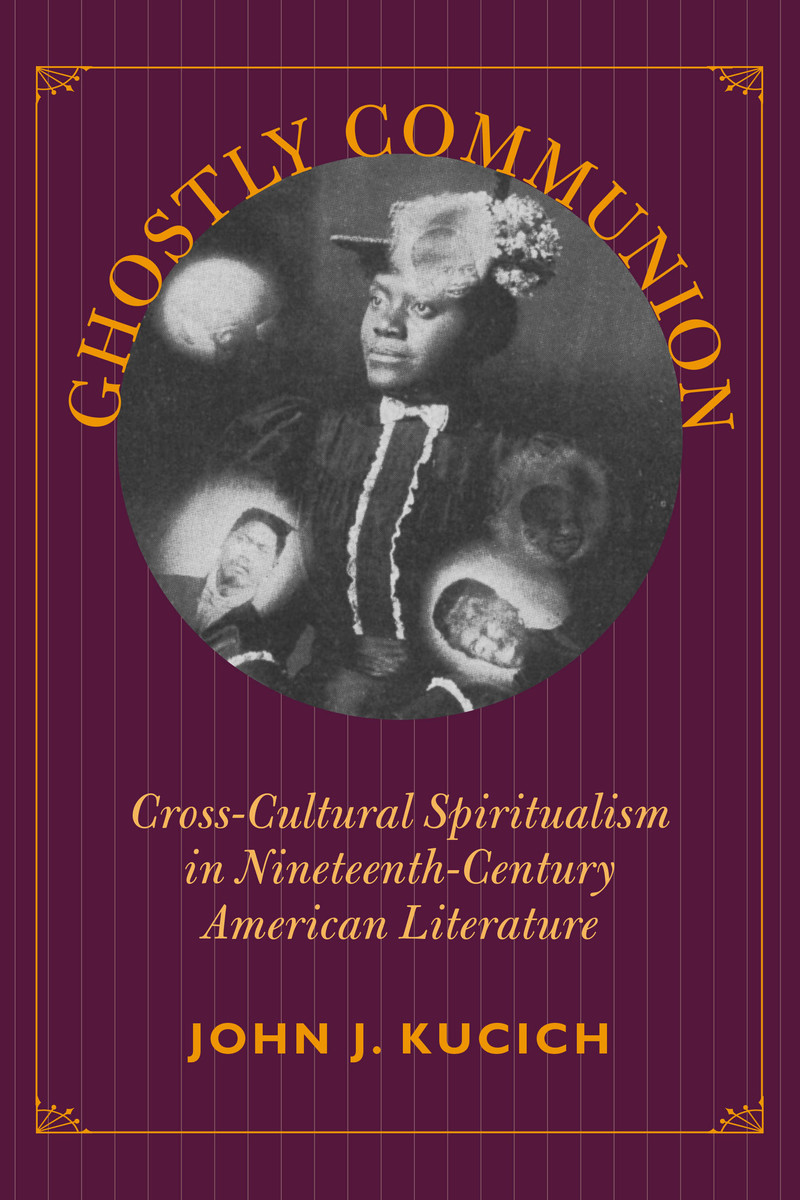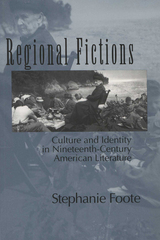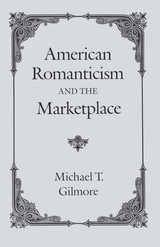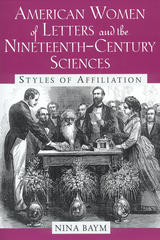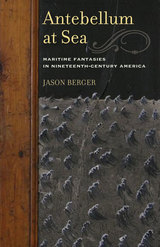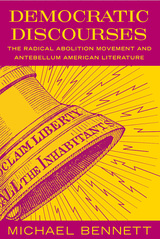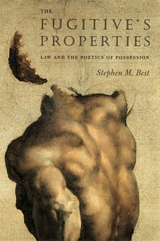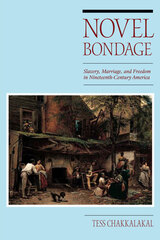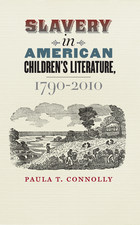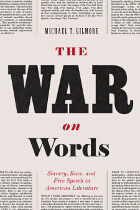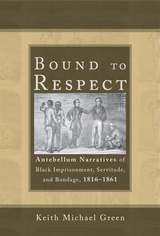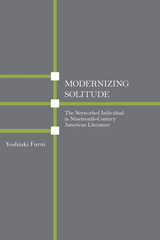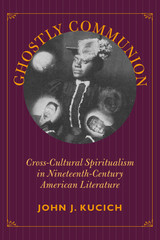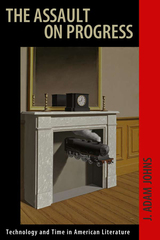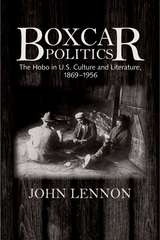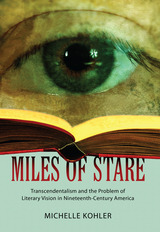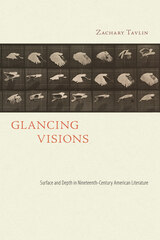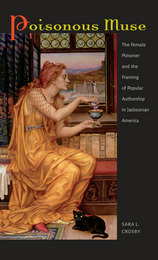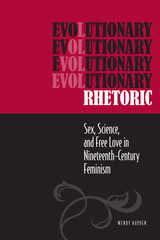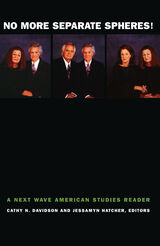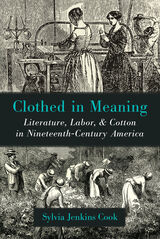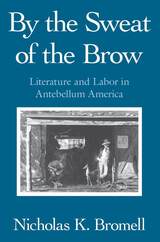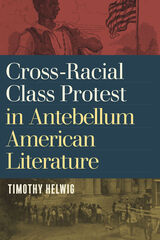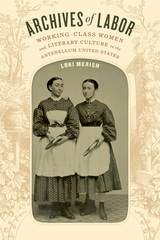Ghostly Communion: Cross-Cultural Spiritualism in Nineteenth-Century American Literature
Dartmouth College Press, 2015
Cloth: 978-1-58465-432-2 | Paper: 978-1-58465-433-9 | eISBN: 978-1-61168-691-3
Library of Congress Classification PS217.S65K83 2004
Dewey Decimal Classification 810.9384
Cloth: 978-1-58465-432-2 | Paper: 978-1-58465-433-9 | eISBN: 978-1-61168-691-3
Library of Congress Classification PS217.S65K83 2004
Dewey Decimal Classification 810.9384
ABOUT THIS BOOK | AUTHOR BIOGRAPHY | REVIEWS | TOC
ABOUT THIS BOOK
In this exceptional book, Kucich reveals through his readings of literary and historical accounts that spiritualism helped shape the terms by which Native American, European, and African cultures interacted in America from the earliest days of contact through the present. Beginning his study with a provocative juxtaposition of the Pueblo Indian Revolt and the Salem Witchcraft trials of the seventeenth century, Kucich examin[e]s how both events forged “contact zones”— spaces of intense cultural conflict and negotiation—mediated by spiritualism. Kucich goes on to chronicle how a diverse group of writers used spiritualism to reshape a range of such contact zones. These include Rochester, New York, where Harriet Jacobs adapted the spirit rappings of the Fox Sisters and the abolitionist writings of Frederick Douglass as she crafted her own story of escape from slavery; mid-century periodicals from the Atlantic Monthly to the Cherokee Advocate to the Anglo-African Magazine; post-bellum representations of the afterlife by Elizabeth Stuart Phelps, Mark Twain and the Native Americans who developed the Ghost Dance; turn-of-the-century local color fiction by writers like Sarah Orne Jewett, Charles Chesnutt and Maria Cristina Mena; and the New England reformist circles traced in Henry James’s The Bostonians and Pauline Hopkins’s Of One Blood. Kucich’s conclusion looks briefly at New Age spiritualism, then considers the implications of a cross-cultural scholarship that draws on a variety of critical methodologies, from border and ethnic studies to feminism to post-colonialism and the public sphere. The implications of this study, which brings well-known, canonical writers and lesser-known writers into conversation with one another, are broadly relevant to the resurgent interest in religious studies and American cultural studies in general.
See other books on: Culture in literature | Ghosts in literature | Intercultural communication in literature | Occultism in literature | Spiritualism
See other titles from Dartmouth College Press
